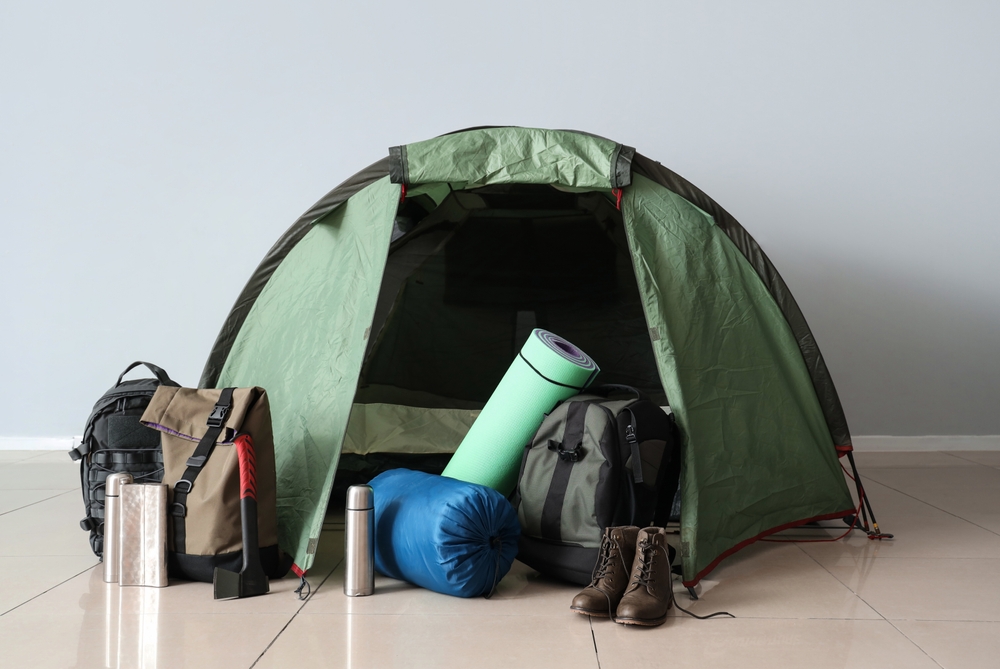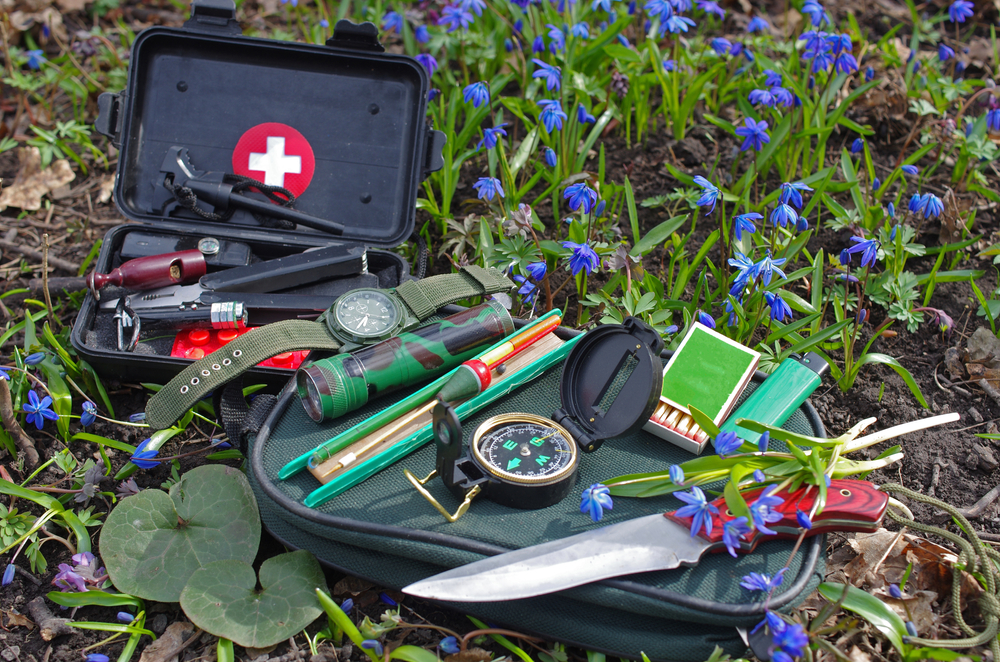Discovering novel and captivating locations can lead to an endless journey of exploration and adventure. Nevertheless, it’s important to keep in mind that unforeseen circumstances can occur at any time, even in the middle of the excitement of discovering new places and immersing ourselves in diverse cultures. Being ready can help you stay safe and manage emergencies while driving, whether it’s a medical emergency, a natural disaster, or an unplanned travel disruption. These are some crucial guidelines for being ready for emergencies when traveling.
- Plan Ahead and Do Your Research: Spend some time learning about the possible hazards and emergency procedures at your destination before you leave on your trip. Learn about the hospitals, emergency services, and evacuation routes in your area. To keep yourself updated about any potential risks or security concerns in the area, check the official travel advisories and weather forecasts.

- Make a Travel Emergency Kit: Gather the necessary items to manage common emergencies in a small travel emergency kit. Add supplies for first aid, prescription drugs, flashlights, batteries, multitools, whistles, portable phone chargers, and copies of critical documents (passport, travel insurance, emergency contacts, etc.) to your list of essentials. Adjust the contents of your kit to your destination and planned activities. For outdoor activities, include items like sunscreen and insect repellent.
- Stay Connected: Throughout your trip, keep in touch with reliable contacts back home. Tell your loved ones about your itinerary, your lodging, and your contact information. For extra security, think about sharing your location with loved ones or utilizing a mobile tracking app. Frequent check-ins can ease anxiety and make emergency assistance more quickly available.
- Invest in Travel Insurance: Travel insurance is an essential safety net that offers monetary security against unanticipated crises and delays in travel. Examine various insurance plans to discover all-inclusive coverage that offers 24/7 assistance services, emergency evacuation, medical expenses, and trip cancellation/interruption coverage. Make sure the destinations and activities your policy covers align with your travel schedule.
- Understand Basic First Aid: Before leaving, familiarize yourself with emergency protocols and basic first aid techniques. Learn crucial skills like CPR, wound care, and how to spot the warning signs of common travel-related illnesses by enrolling in a first aid course or earning an online certification. In dire circumstances, having the skills and self-assurance to act appropriately in medical emergencies can literally save lives.
- Keep Up with Local Laws and Customs: Being aware of the laws, traditions, and cultural mores of the place you are visiting will help you get around safely. Recognize the customs and sensitivities of the area and exercise caution when engaging in any actions that might be construed as offensive or unlawful. In order to effectively communicate with authorities in the event that you need to, become familiar with emergency numbers and phrases in the local tongue.
- Preserve Vital Records: Preserve your vital records, such as identification documents, passports, visas, travel insurance, and emergency contacts. Create digital copies of these files, then safely store them on a password-protected device or in cloud storage. To guard against loss or unwanted access, think about utilizing a travel document organizer or a safe travel wallet with RFID-blocking technology.
- Remain Alert and Have Faith in Your Instincts: Keep an eye on your surroundings and follow your gut if something seems suspicious or dangerous. Steer clear of dangerous situations and use caution when interacting with people you don’t know or in unfamiliar places. Particularly in populated or tourist-heavy areas, be on the lookout for scams, pickpockets, and crimes targeted at tourists. Remove yourself from the situation and seek help from the local authorities or other reliable people if you feel threatened or uneasy.
- Have a Plan: Be ready for anything by organizing backup plans for unforeseen events like cancelled flights, misplaced luggage, and natural disasters. Do some advance research on alternate modes of transportation, local lodging options, and emergency shelters. Communicate your backup plan to fellow travelers and set up a system of communication in case you are separated in an emergency.
- Remain Calm and Flexible: In an emergency, it’s critical to remain composed and have a flexible mindset in order to solve problems and make decisions that will work. Prioritize your safety and well-being, remain composed, and obey any directions given by emergency personnel or local authorities. Remain flexible and ready to change course or find another solution when necessary.

In conclusion, maintaining your safety and well-being while driving depends on having an emergency plan in place. By conducting thorough research, making advance plans, and arming yourself with essential information and tools, you can confidently and resiliently handle unforeseen circumstances. Recall that effective emergency management and the preservation of your travel experiences depend on proactive planning and a composed, resourceful demeanor.


